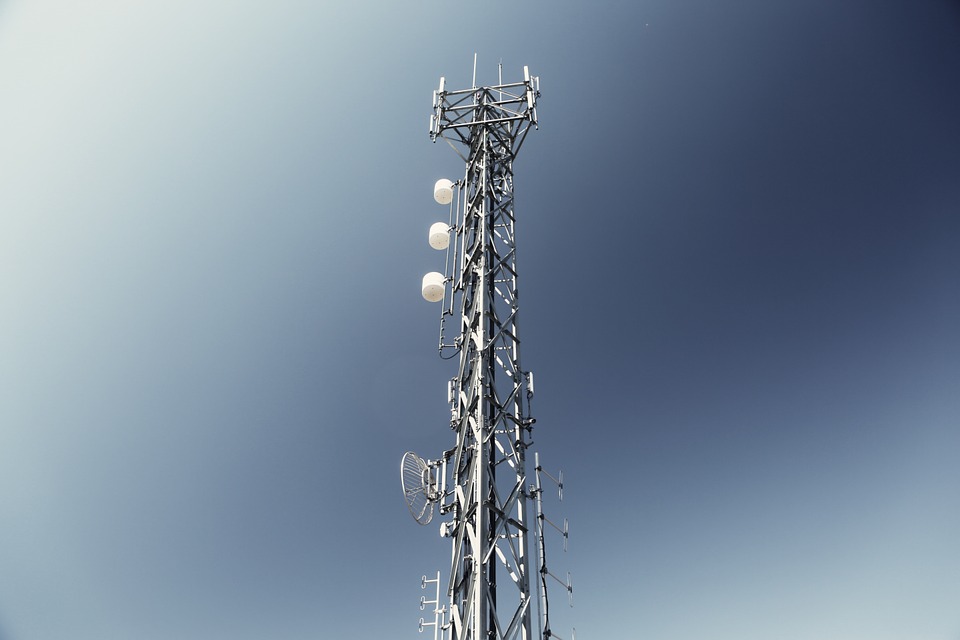Net neutrality has officially been repealed and internet service providers (ISPs) now have greater powers. Officials voice their concern as the new rules may lead to the creation of a two-speed Internet and special treatment for a certain type of content. The Federal Communications Commission (FCC) has decided to end the rules enacted by the administration of President Barack Obama, dubbed “net neutrality”, which required ISPs to treat all online content in a similar manner. This decision has faced harsh criticism and numerous court actions are likely to follow.
One of the basic principles of the Internet until now was the fact that no content was treated preferentially. This meant that it was not possible for some sites to load faster than others and no type of content could be treated differently by the ISPs. As more and more content was made available over the Internet and traffic was on the rise, the ISPs were forced to invest heavily in hardware to keep up. This made the companies denounce net neutrality, saying it would be normal for the top websites that are willing to invest to enjoy higher speeds.
What do companies think about the repeal?
Large telecom companies may use this decision to favor content delivered by their own subsidiaries or to additionally charge customers for access to some websites. This might mean that big companies will take advantage of the new rules to reinforce their monopoly on the market. Their main argument is that network infrastructure comes at a price, especially now, when it needs to be constantly upgraded. Experimenting with the new rules allows them to propose new offers. That might mean making users pay more for better services, but it also means a better chance for investments and thus, better services in the future.
Giants like Amazon, Facebook, Microsoft, and Netflix have heavily criticized the repeal, calling it a disappointing and harmful decision. Defenders of net neutrality claim that the old rules made it possible for some of the smaller companies to grow, by allowing them equal access to services, without having to pay exorbitant sums. Some go as far as to claim that Google or Netflix could not have appeared without net neutrality. “The open internet is an unrivaled source of choice, competition, innovation, free expression, and opportunity. It should stay that way,” Google tweeted.
A political struggle
Following FCC’s decision to repeal back in December, public objection grew more and more, and legal challenges emerged from both state attorneys general and public interest groups. Democratic policymakers tried at first to overturn the decision and later took the fight to social media, promising to reinstate the rules enacted by the Obama administration. They argue that the repeal has opened the door for ISPs to censor content and charge additional fees for higher quality services and that this can harm smaller companies.
“I support a free and open internet. The internet should be an open platform where you are free to go where you want and say and do what you want, without having to ask anyone’s permission. And under the Federal Communications Commission’s Restoring Internet Freedom Order the internet will be just such an open platform. Our framework will protect consumers and promote better, faster internet access and more competition,” FCC Chairman Ajit Pai stated for CNET. Pai had previously said that net neutrality supporters like to use “apocalyptic rhetoric” to describe a rather “mundane reality.”
The show must go on
As Ajit Pai promises a free and open internet despite repealing net neutrality, the defenders of the original rules took the fight to social media. “By refusing to bring up the Senate-passed, bipartisan resolution to restore #NetNeutrality House GOP leaders gave a green light to the big ISPs to charge middle-class Americans, small business owners, schools, rural Americans, and communities of color more to use the internet,” Senator Chuck Schumer of New York wrote on Twitter.
The political fight continues, but some argue that the past decade hasn’t been too kind to competition and that the internet is already run by giants, with or without net neutrality. In his New York Times column, journalist Farhad Manjoo argues that even though ISPs will probably maintain current speeds and costs, the effects of the repeal will make the internet grow weaker and weaker over time and start-ups will find it increasingly difficult to grow on the market.





























